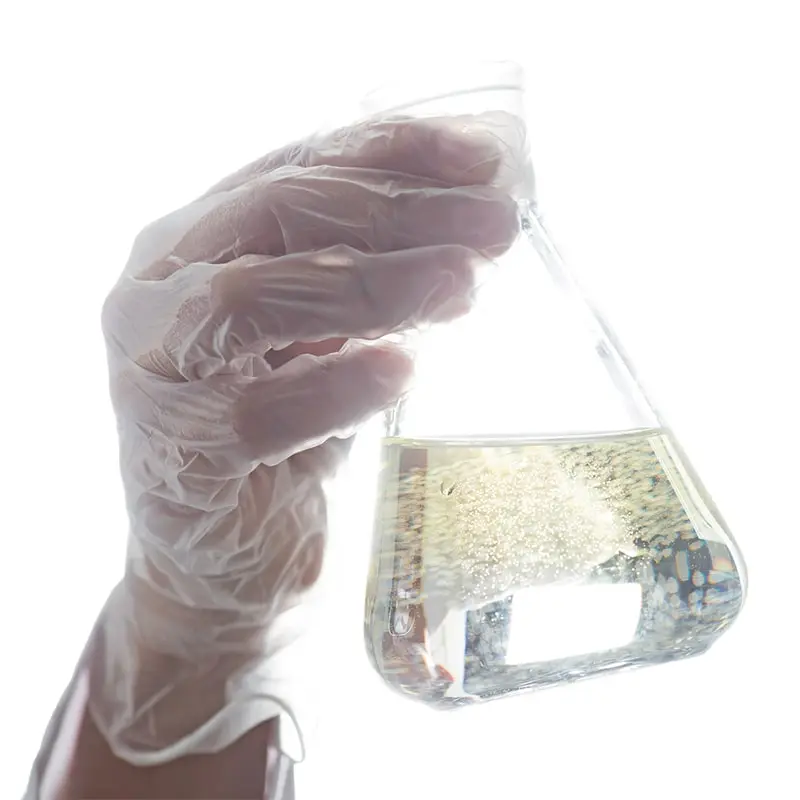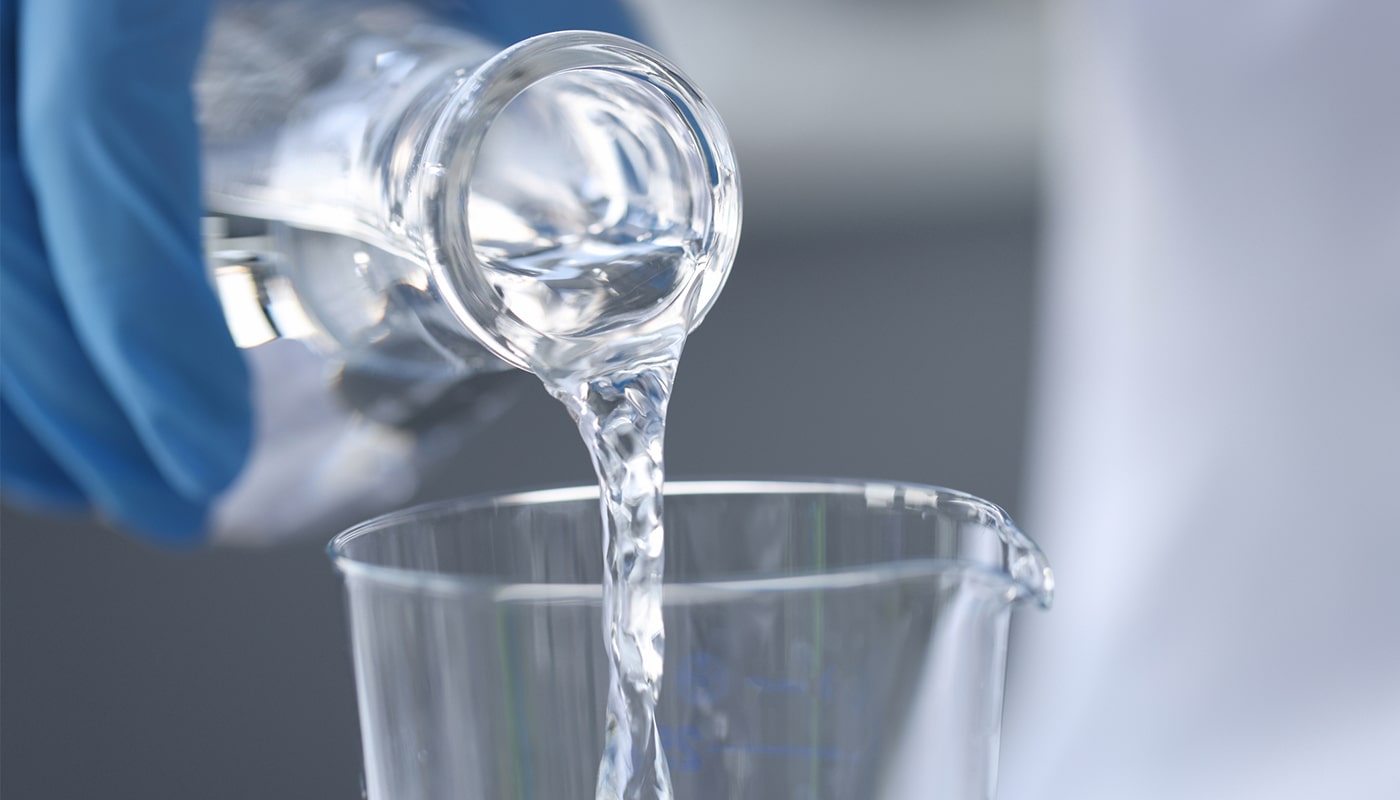Sterile water is a critical component in healthcare, which is purified to eliminate all microorganisms and spores, making it safe for various medical purposes including surgery, dialysis, and the preparation of medications. Its rigorous production standards ensure that it meets the strict requirements for medical use, underscoring its importance in preventing infections during medical treatments and procedures. To improve the situation, it is important to know how the sterile water shortage is changing healthcare.
The healthcare industry faces a significant sterile water shortage, impacting hospitals and clinics worldwide. This scarcity affects a wide range of medical services, from routine patient care to complex surgical operations, posing a risk to patient safety and healthcare delivery. The shortage is attributed to a combination of factors, including increased demand, supply chain disruptions, and manufacturing limitations.
Switch to Aquapap for single-serving sterile water—your convenient, contamination-free solution.
The Role of Sterile Water in Medical Settings
Sterile water is indispensable in medical settings, fulfilling critical roles in surgery, medication preparation, and medical device reprocessing. In surgical environments, sterile water is used to wash surgical instruments and irrigate wounds, ensuring that all procedures are germ-free. This helps prevent infections and facilitates quicker recovery times for patients.
In pharmacology, sterile water is essential for diluting medications for intravenous administration. This ensures that the drugs remain pure and free from contaminants that could otherwise lead to severe adverse patient reactions. The exacting standards of sterility in medication preparation are critical, especially for treating vulnerable populations, such as those with compromised immune systems.
Medical device reprocessing also heavily relies on sterile water. After use, medical instruments are cleaned and sterilized using sterile water to remove residual pathogens and contaminants. This process is crucial to prevent cross-contamination between patients and to ensure that medical devices are safe for repeated use.

Stringent standards and regulations govern the production and use of sterile water to ensure its safety and effectiveness. In the United States, the Food and Drug Administration (FDA) mandates specific guidelines that manufacturers must adhere to. These include rigorous testing for sterility, adherence to accepted methods of microbial elimination, and secure packaging practices to maintain sterility until the point of use. Understanding these roles and regulations is vital, especially as the healthcare sector grapples with a shortage of sterile water. This scarcity underscores the need for strict compliance with established guidelines to ensure that the reduced supply meets the critical demands of medical care without compromise.
Direct Impacts of the Shortage on Healthcare Practices
The sterile water shortage has significant and wide-ranging impacts on healthcare practices, affecting hospital operations, patient care, and infection control.
Hospital Operations: The sterile water shortage disrupts the routine operations of hospitals. Surgical procedures, which rely heavily on sterile water for various functions, including cleaning surgical instruments and irrigating surgical sites, are particularly impacted. This has forced some facilities to postpone non-urgent surgeries, leading to longer patient waiting times and increased operational costs as hospitals seek alternative solutions or sources for sterile water.
Patient Care: The shortage directly affects the quality and safety of patient care. Sterile water is non-negotiable in critical areas such as dialysis and intravenous medication administration. The lack of adequate supplies can compromise the sterility of these treatments, potentially leading to health complications. Additionally, patient hydration and nutrition, which often involve sterile water, especially in vulnerable populations like newborns in neonatal units, are also jeopardized.
Infection Control: Sterile water is crucial for maintaining strict hygiene and infection control standards within medical facilities. It is used not only for sterilizing medical instruments but also for handwashing, cleaning surfaces, and preparing disinfectants. Without an adequate supply of sterile water, the risk of hospital-acquired infections (HAIs) can increase, affecting patients and healthcare workers.
The ripple effects of these impacts are profound, leading to increased healthcare costs, strained resources, and potentially poorer health outcomes. As the shortage continues, healthcare facilities must adapt rapidly, implementing conservation measures, seeking alternative sources or substitutes for sterile water, and prioritizing its use for the most critical needs.
Immediate Responses and Innovations
In response to the sterile water shortage, hospitals and healthcare facilities have been compelled to adopt various emergency measures and innovative practices. These strategies are designed to manage the current scarcity and ensure safe and effective patient care continuity.
Emergency Measures
Rationing of Sterile Water: Many hospitals have implemented strict rationing protocols to prioritize using sterile water for critical applications, such as surgeries and patient hydration.
Alternative Sourcing: Facilities are exploring alternative sources of sterile water, including local compounding pharmacies and smaller, less traditional suppliers who can meet the necessary health and safety standards.
Revised Surgical Procedures: Some hospitals have altered standard operating procedures to minimize the use of sterile water without compromising sterility. This includes the use of alternative sterile solutions where appropriate.
Innovative Practices and Substitutions
Adoption of Sterile Saline: In cases where sterile water is primarily used for irrigation, some facilities have switched to sterile saline, which, while more costly, can serve a similar purpose without risking patient health.
Water Recycling Systems: Innovative water recycling technologies are being tested and implemented in some hospitals to purify and reuse water on-site, reducing dependence on external supplies.
Enhanced Sterilization Techniques: New sterilization technologies that use less or no water are being adopted. These include UV light sterilization and dry heat sterilizers, which provide effective alternatives to water-based sterilization processes.
These adaptations highlight the healthcare industry’s resilience and innovation capacity, especially regarding resource limitations. As the shortage continues, these temporary solutions mitigate immediate risks and pave the way for long-term improvements in resource sustainability and operational efficiency in healthcare settings.
Embrace the purity of Aquapap’s vapor-distilled water for all your medical device needs.
Long-Term Solutions and Industry Changes
To address and prevent future sterile water shortages, healthcare sectors and industries like Aquapap focus on long-term solutions and significant industry changes.
Sustainable Solutions
- Development of Local Production Facilities: Increasing the number of local manufacturing units for sterile water can reduce reliance on international supply chains, minimizing disruption risks and enhancing accessibility.
- Advanced Water Purification Technologies: Investment in cutting-edge water purification and sterilization technologies can increase production efficiency and ensure higher water purity standards.
Supply Chain Management Enhancements
- Diversification of Suppliers: By broadening the supplier base, hospitals, and healthcare providers can avoid the pitfalls of depending on a single source, which has been a major contributing factor to recent shortages.
- Enhanced Inventory Management Systems: Implementing more sophisticated inventory and demand forecasting systems can help predict shortages and manage supplies more effectively, ensuring that sterile water is available when needed.
Policy Adjustments
- Regulatory Support for Innovation: Governments can facilitate faster approval processes for new sterilization technologies and water purification methods, encouraging innovation and investment.
- Strategic National Reserves: Some regions are considering the creation of strategic reserves of sterile water, similar to those for other critical medical supplies, to provide a buffer in times of crisis.
Role of Companies like Aquapap
Aquapap specializes in providing sterile water solutions and can play a pivotal role by collaborating with healthcare providers to develop tailored solutions that address specific needs. This could include portable, easy-to-use devices for on-site water sterilization or partnerships to ensure a steady supply chain. These strategies represent a comprehensive approach to tackling the sterile water shortage, emphasizing resilience, local capacity building, and innovative technologies to safeguard this vital resource for the future.
The Future Role of Technology and Innovation
At Aquapap, we are deeply involved in these technological advancements, providing a stellar example of how innovation can significantly impact healthcare practices. We focus on producing small-sized, single-serving bottles of vapor distilled water specifically designed to maintain sterility and ensure safety across various medical applications, including CPAP and BiPAP machines.
Our vapor distillation process represents a significant technological advancement in the production of sterile water. This process ensures that each bottle of water we produce is free from contaminants and microorganisms, making it safe for critical medical use and personal care. The design of our bottles—available in sizes such as 8, 12, and 16.9 ounces—also addresses the challenges of contamination that can occur in larger containers once opened. This innovation increases the practicality of sterile water and greatly reduces the risks associated with water-borne pathogens.
The broader industry has seen similar innovative strides from startups and established companies, who are developing new filtration systems, UV purification technologies, and chemical treatments that improve the efficiency and effectiveness of sterilizing water. These technologies are crucial in areas suffering from acute shortages, providing sustainable solutions that can be implemented in various contexts, from large hospitals to remote clinics.
Aquapap’s contribution to this field, particularly through our commitment to providing safe, convenient, and reliable sterile water solutions, positions us as a leader in addressing the sterile water shortage through innovative technology. By continuing to invest in research and development, we enhance our product offerings and contribute to global efforts to overcome healthcare sterilization and hydration challenges.
This commitment reflects our core mission: to deliver purity and peace of mind to our customers, ensuring they have access to the highest quality water exactly when needed. By focusing on the intersection of convenience, innovation, and safety, Aquapap remains dedicated to enhancing health outcomes and leading the charge toward a future where sterile water shortages are a thing of the past.
Addressing the Sterile Water Shortage
The sterile water shortage presents immediate challenges and long-term opportunities for the healthcare industry. The necessity for short-term adaptability in hospital operations, patient care, and infection control has been underscored by the innovative responses from healthcare providers, who have quickly adapted to the constraints imposed by the shortage. Meanwhile, the long-term planning involving investments in new technologies, like those championed by Aquapap, demonstrates a proactive approach to ensuring sustainable sterile water solutions. Take action today and ensure your medical and personal care are never compromised. Visit Aquapap now to secure your supply of sterile, vapor-distilled water—because your health deserves the highest standard of purity.
